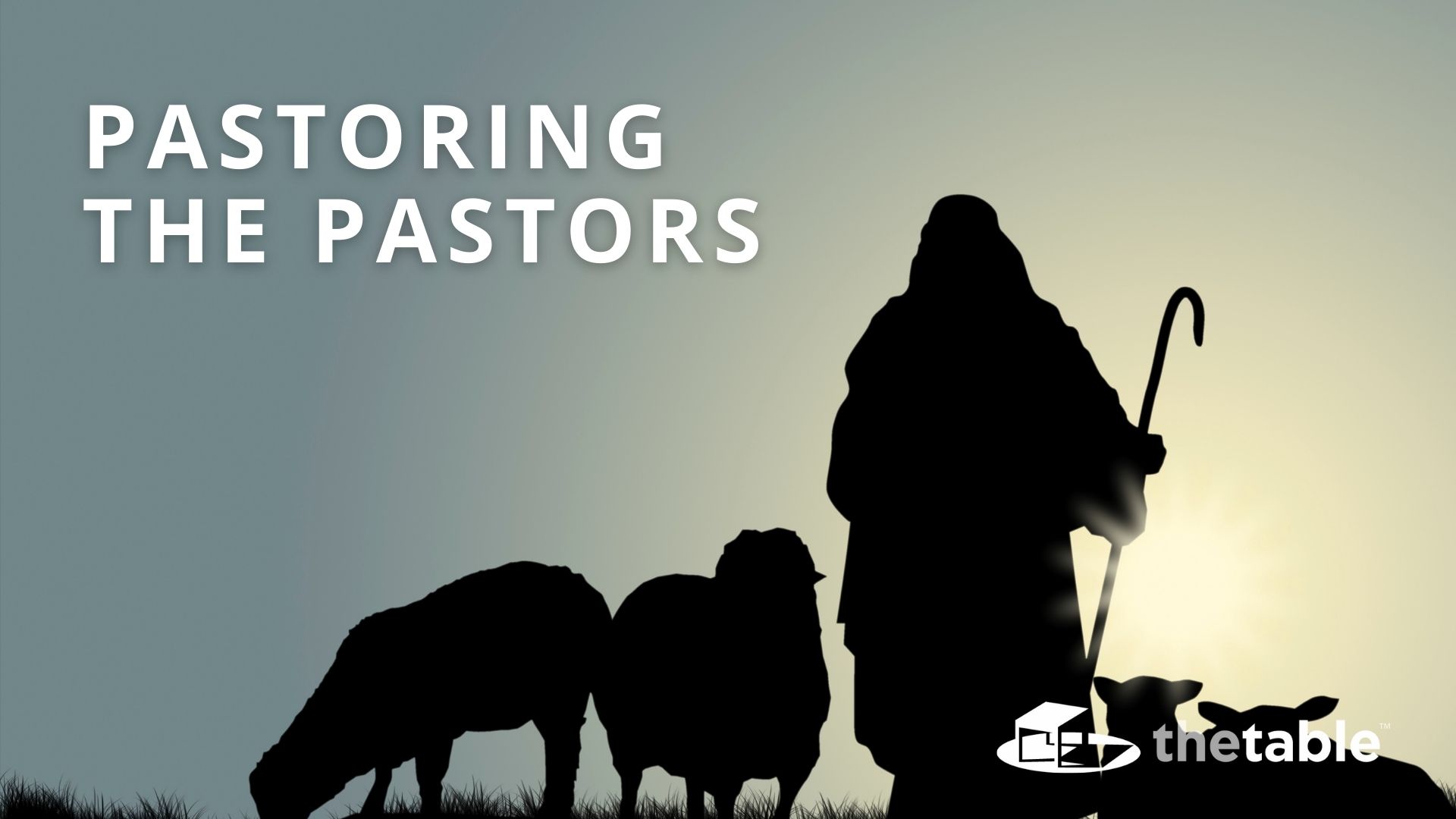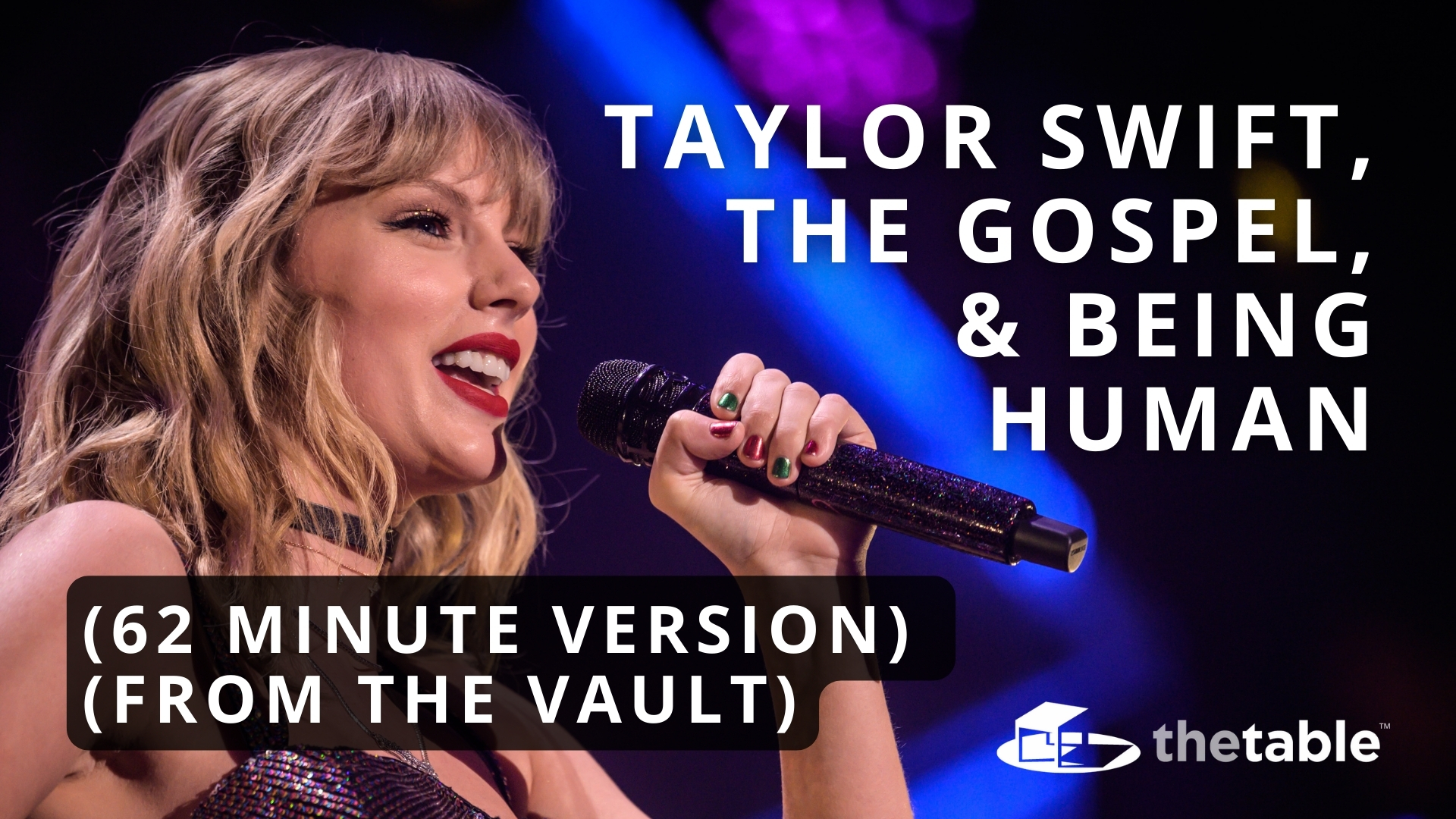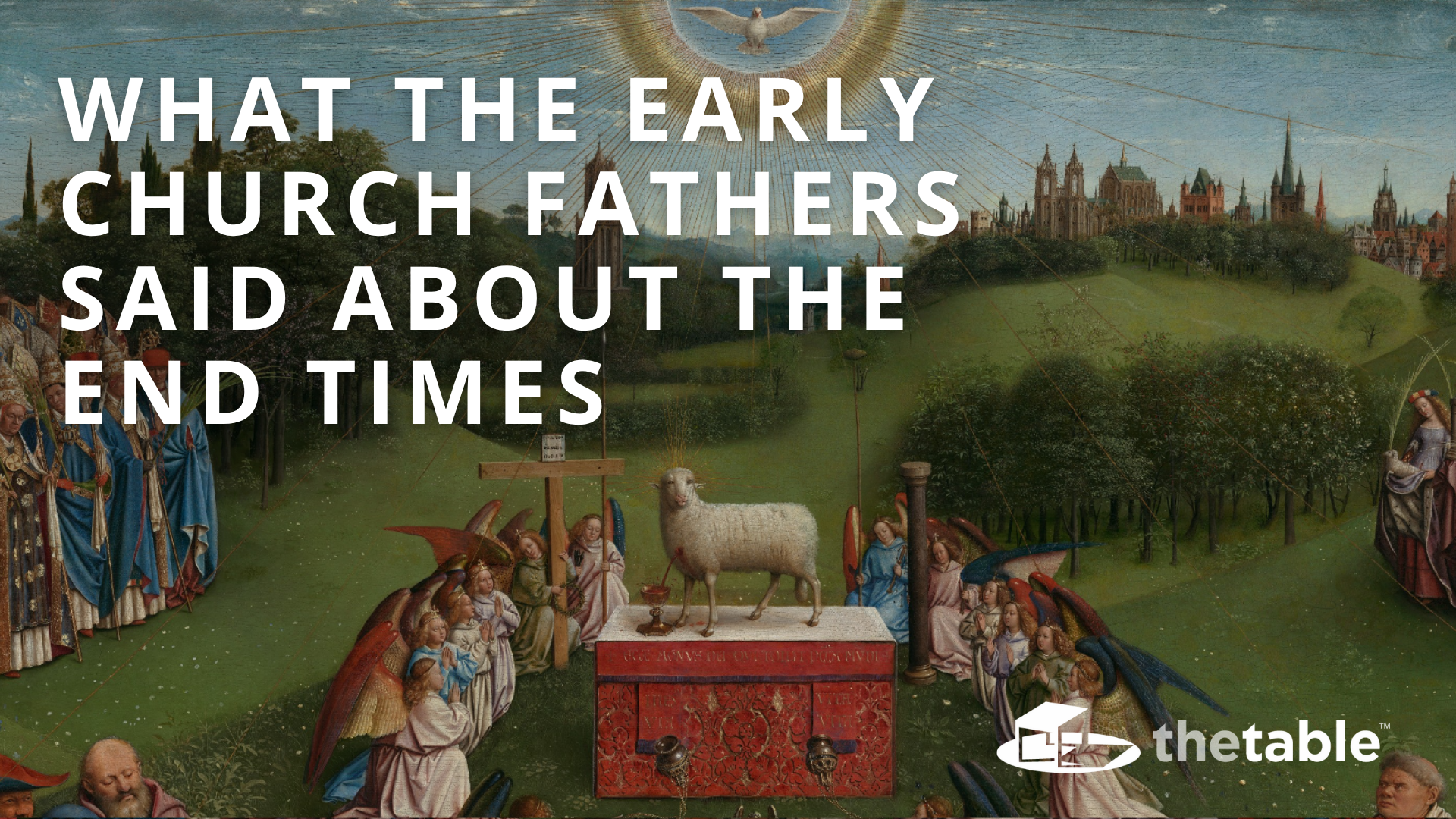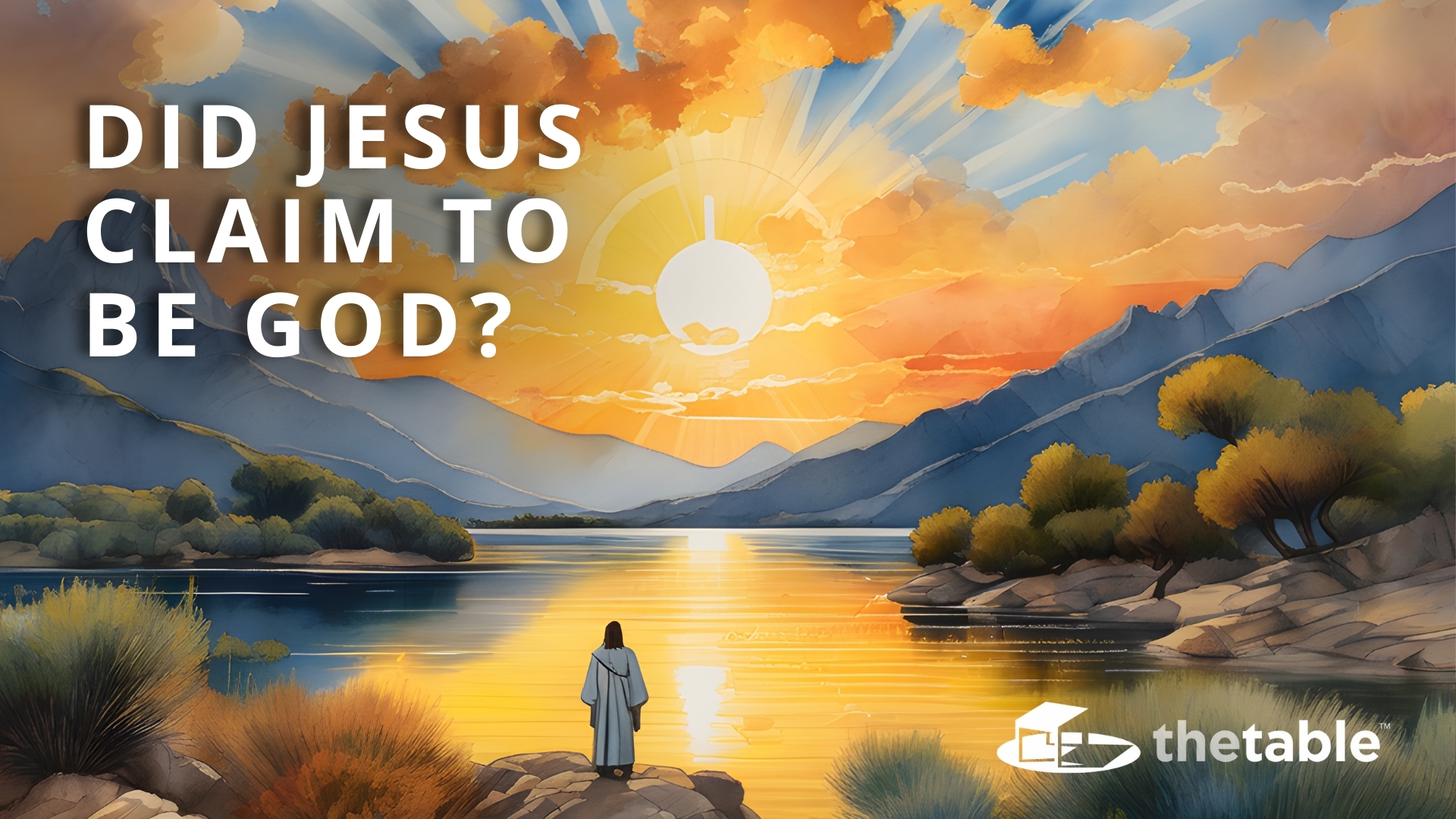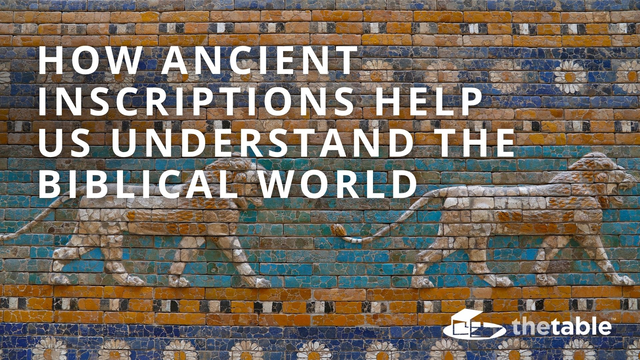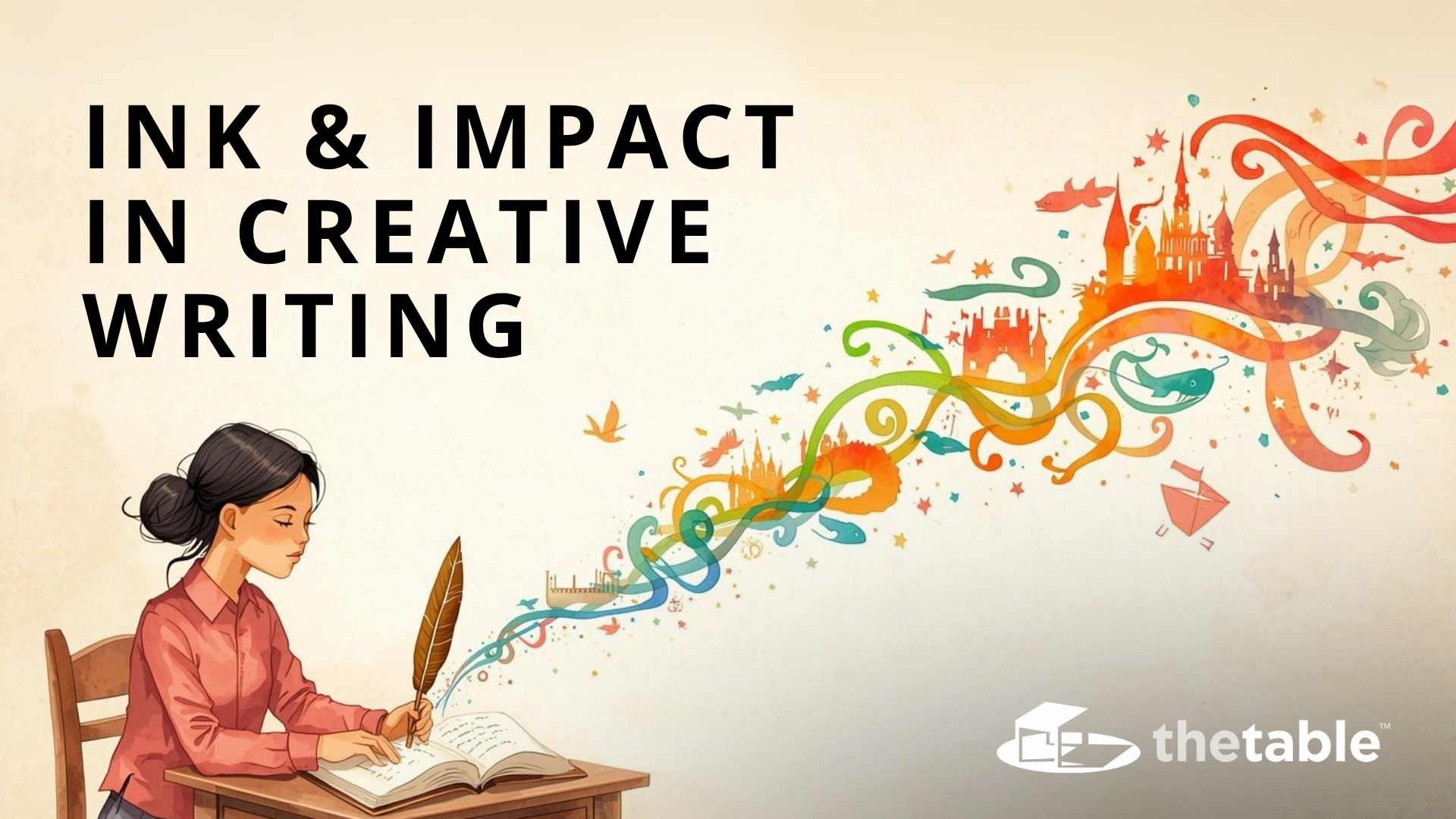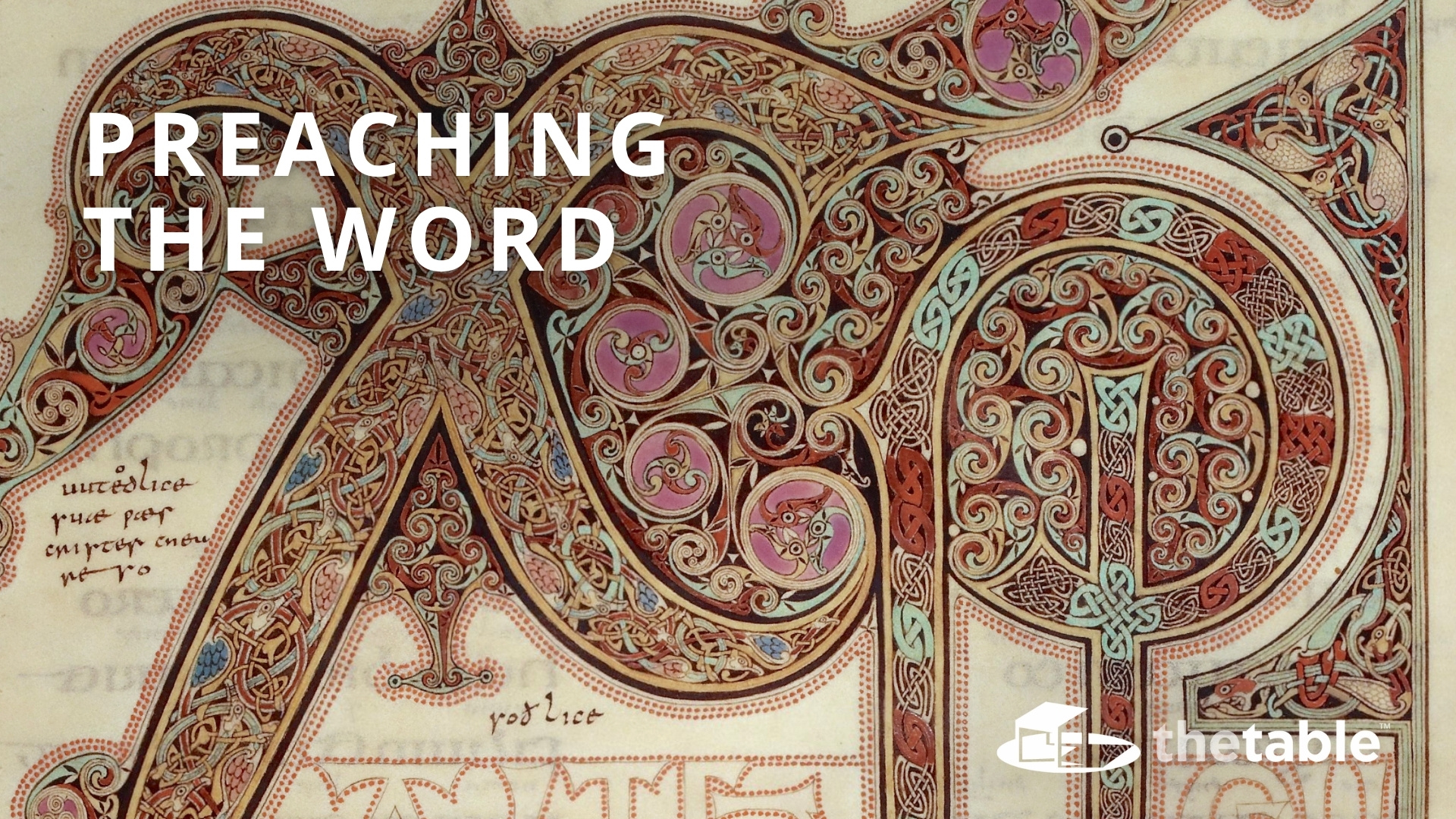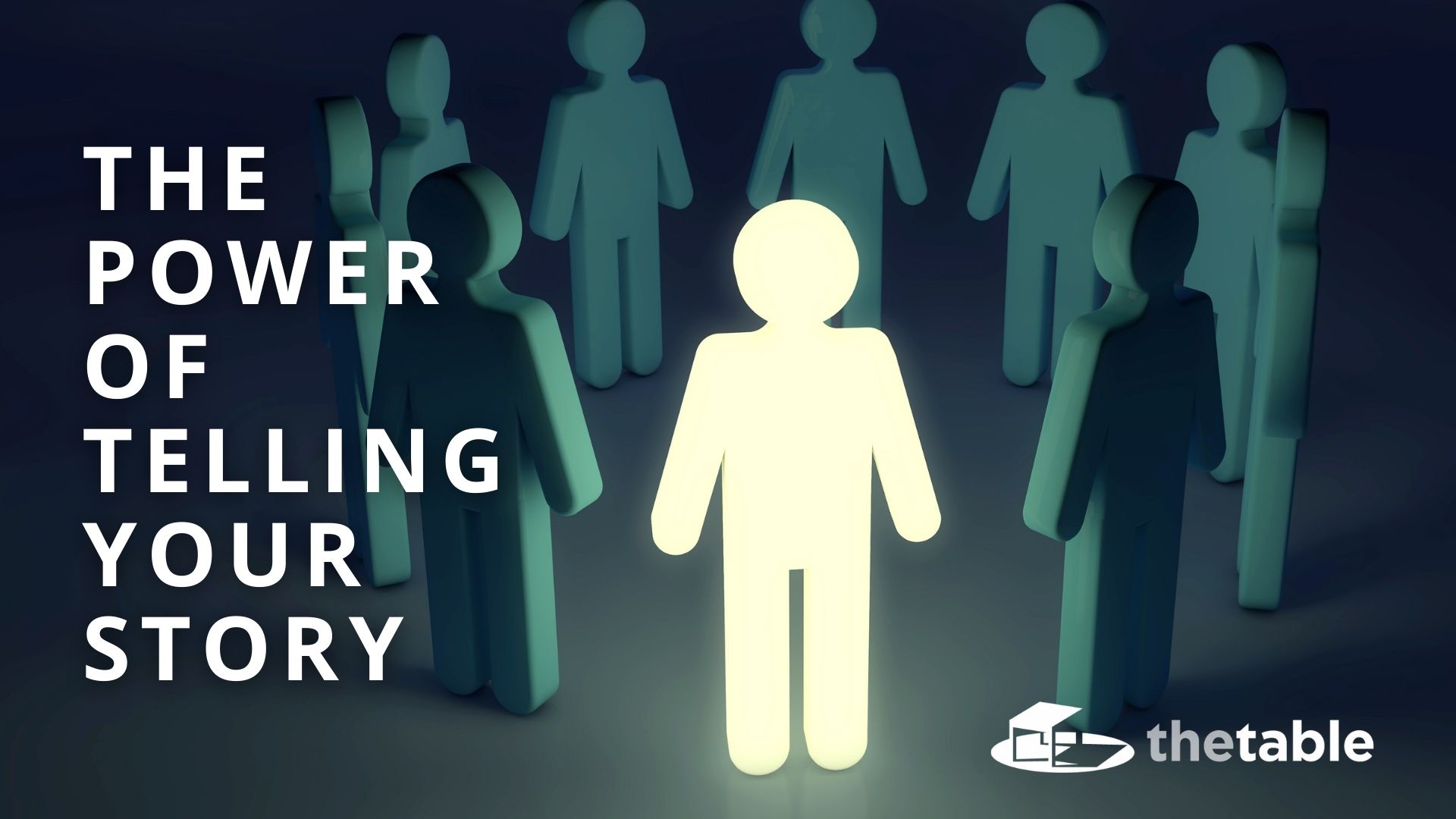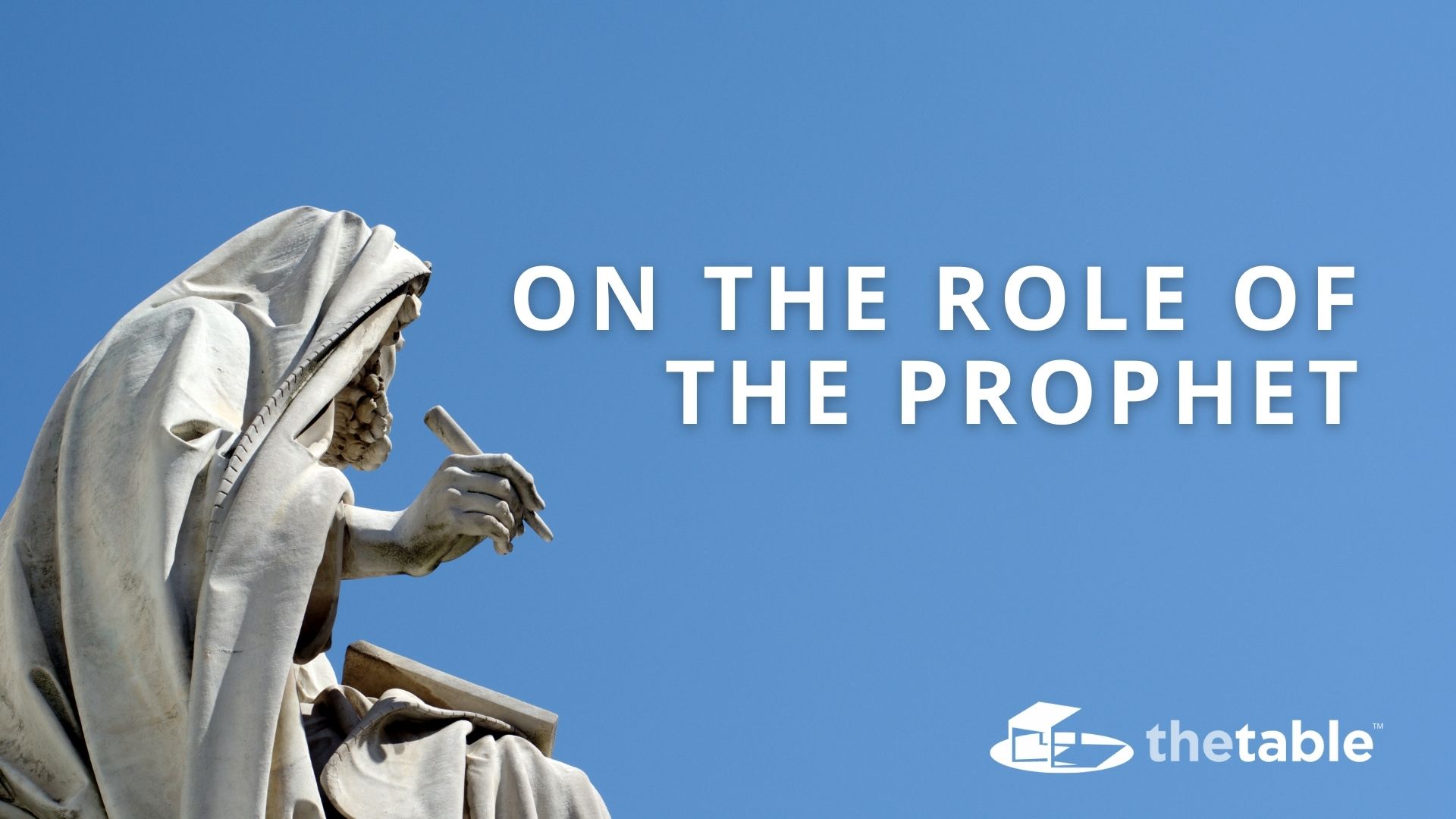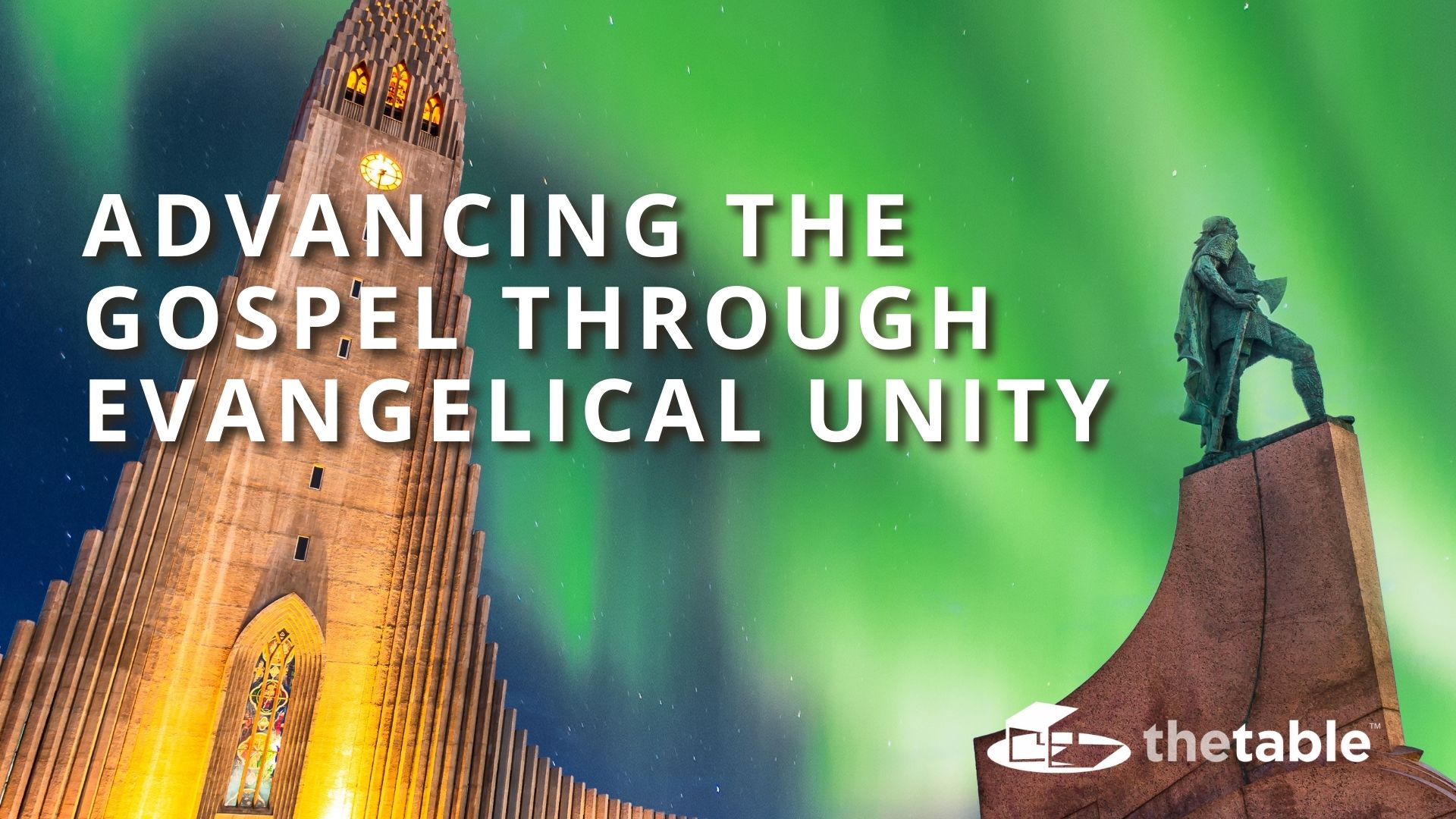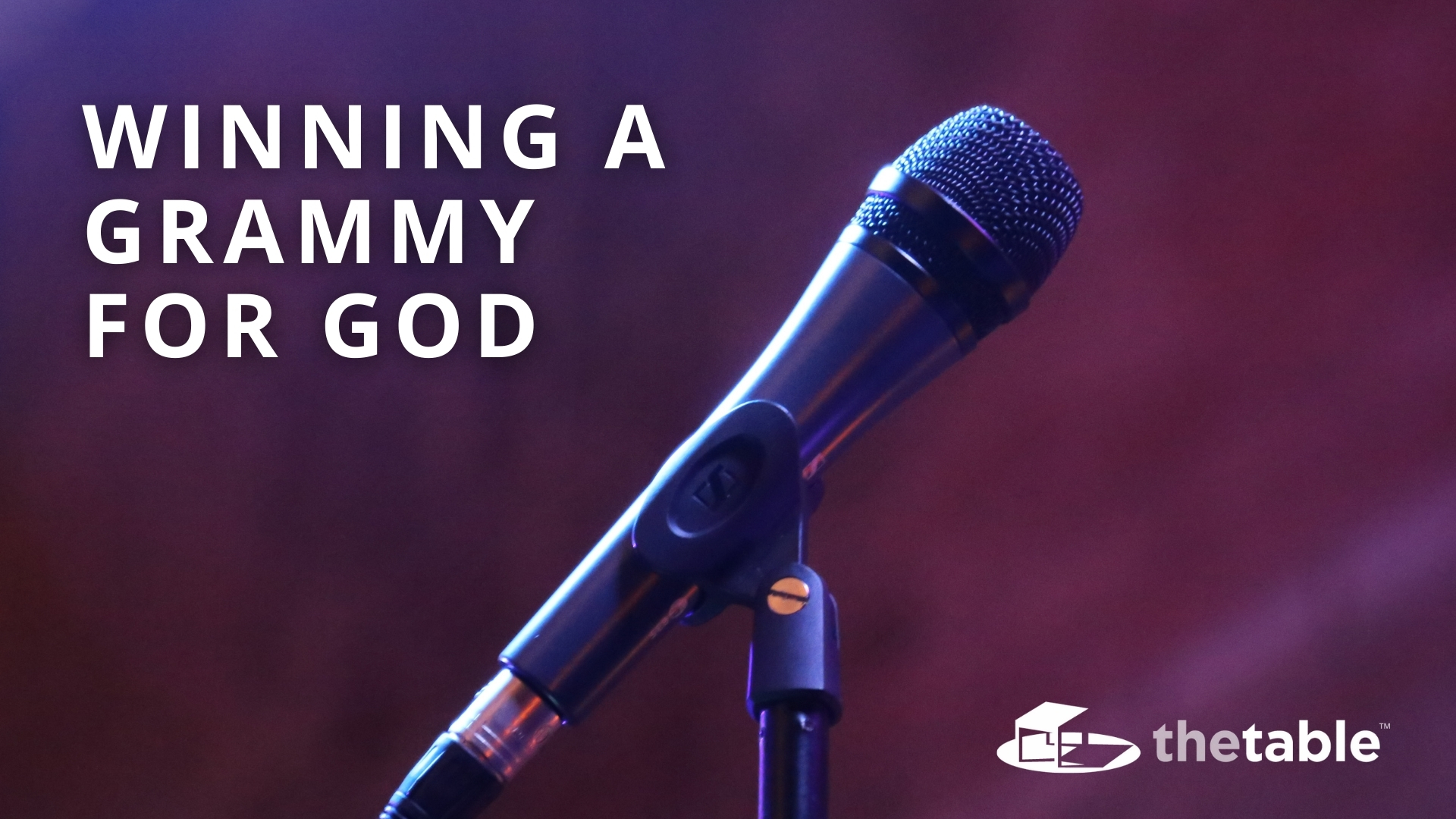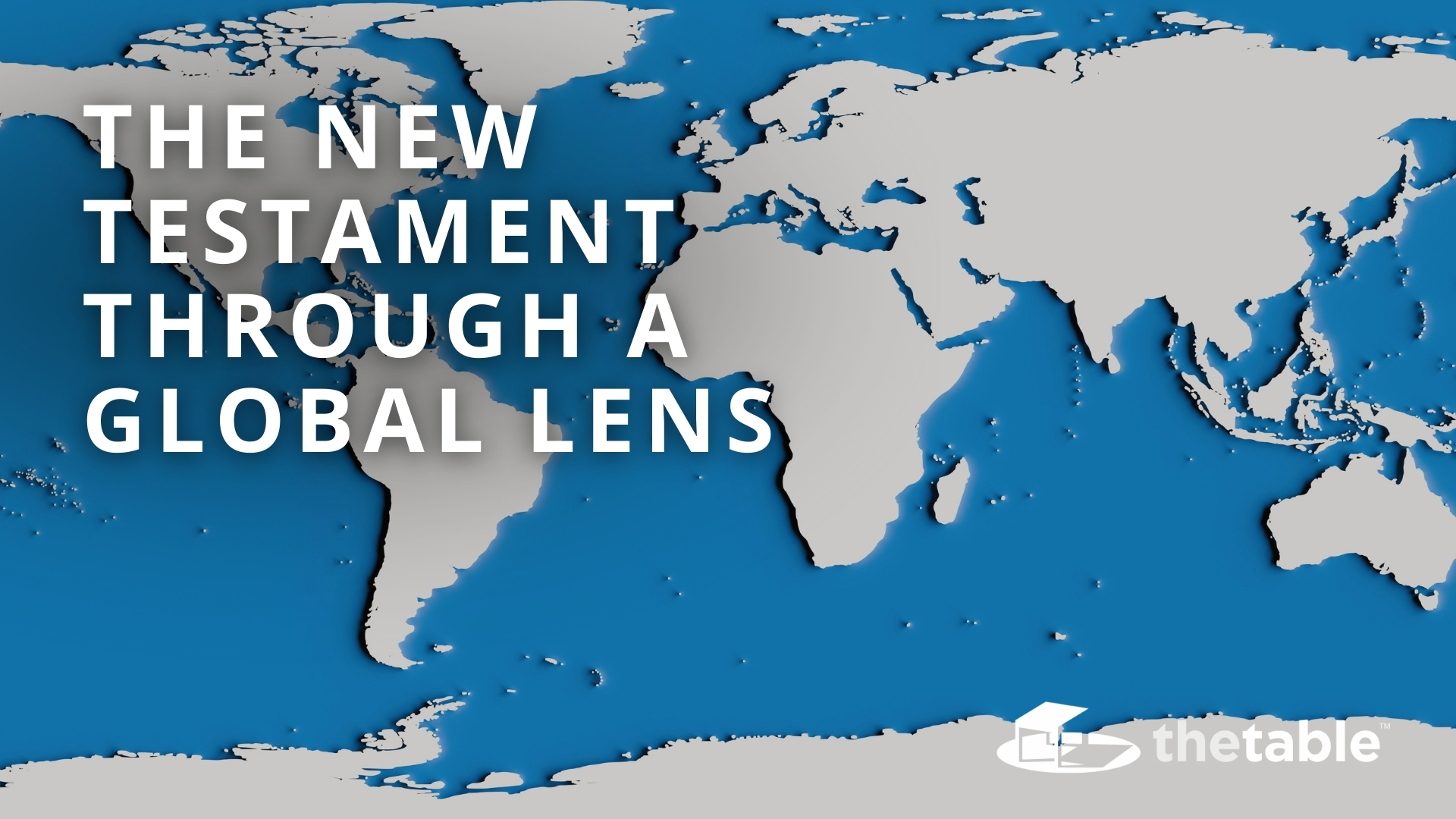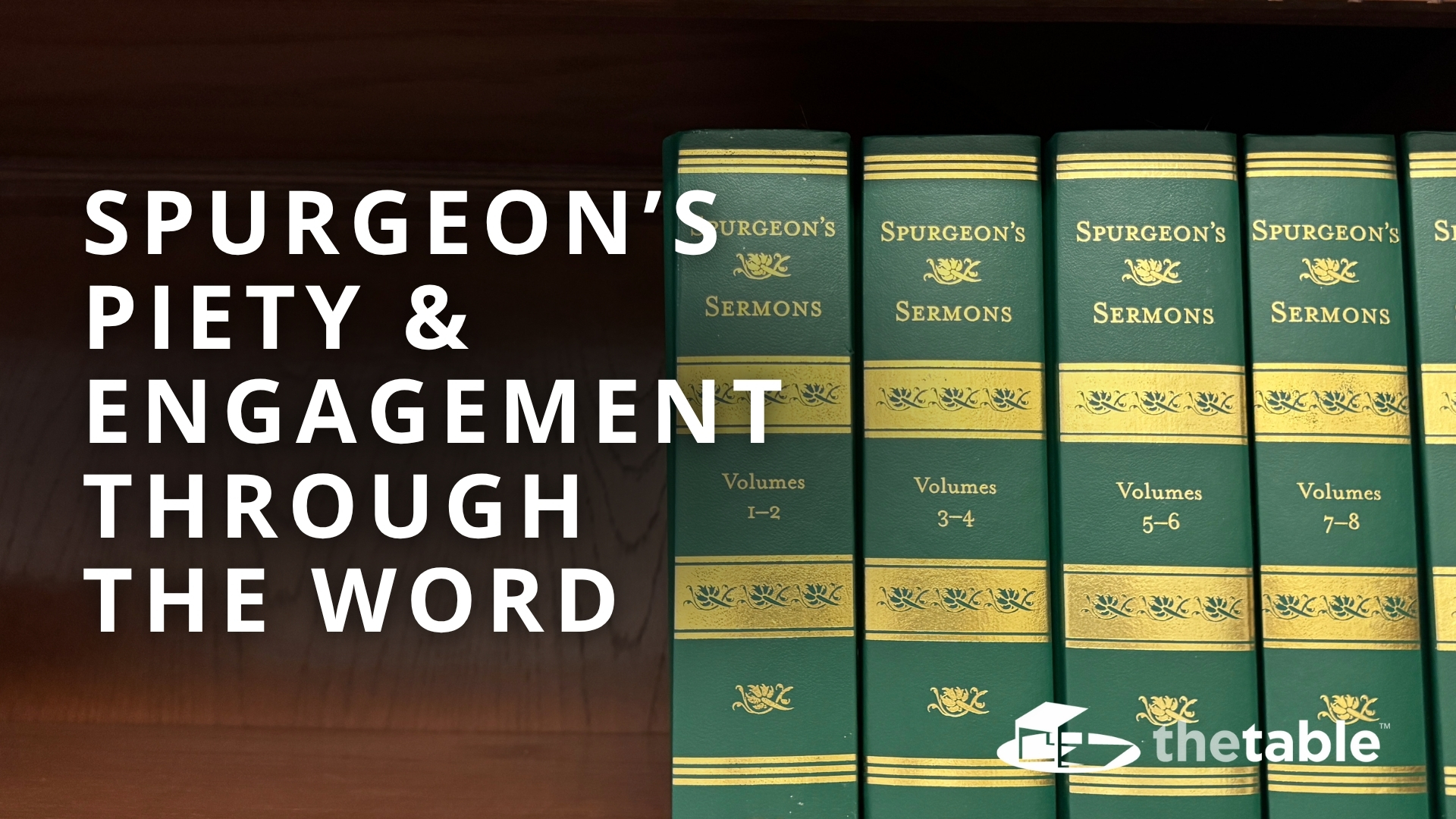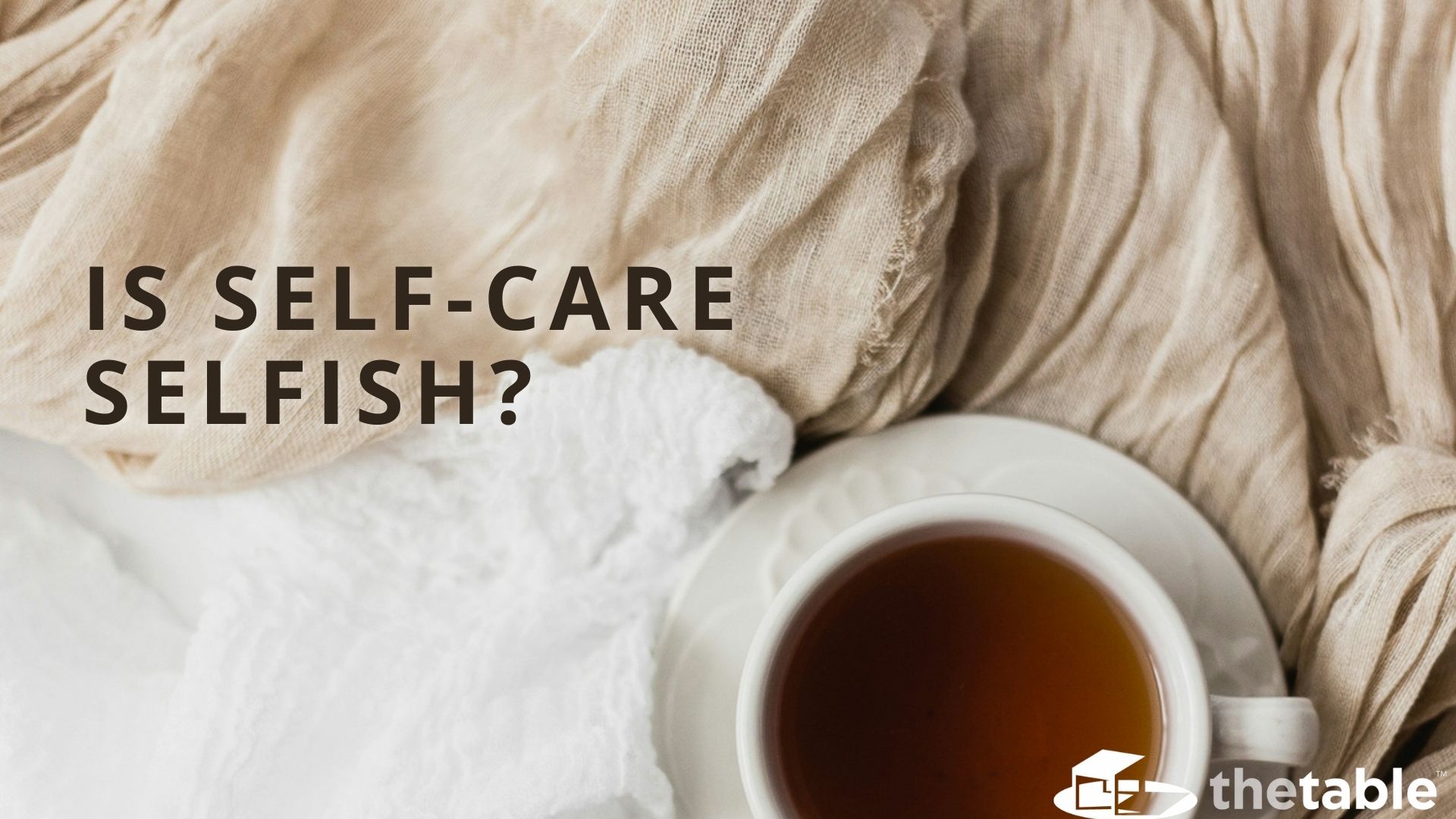Christians in International Development
Description
Darrell Bock:
Welcome to The Table where we discuss issues of God and culture. I'm Darrell Bock, executive director for Christian Leadership and Cultural Engagement at the Center for Christian Leadership, the Hendricks Center here in Dallas at the Seminary. My guest today is someone I've known since he was six years old, David Hoehner, who happens to be the son of Harold Hoehner, who was department chair of New Testament when I came to teach here. We used to go over to his house, hold events, and host students. It's also a graduate seminary.
David, we're so glad you could be with us today.
David Hoehner:
Thank you. It's a privilege to be here and be a part of this podcast.
Darrell Bock:
David has taken an unusual route as a seminary grad. He went to the seminary. Which year did you graduate?
David Hoehner:
I graduated in 1998.
Darrell Bock:
Okay, 1998. Then from there, he didn't go into the pastorate, he didn't go into teaching, he didn't go into several things that most graduates do. He ended up in the world of international development, which is going to be our topic for today. We're going to talk about how Christians work in the service and charity workspace, kind of a huge combination, some of it with NGOs, some of it with organizations that are tied to government and other organizations. We're going to have David to walk through his life and how he got from A to B, since it isn't a normal A to B trip for a seminarian. Then we're going to talk about what's going on in that world today.
David, why don't you start us off? You grew up in Dallas, obviously. Where did you go to college?
David Hoehner:
I went to the University of Texas, like you.
Darrell Bock:
Okay. That's exactly right. Were two UT grads, although I try not to broadcast that too much. They think I'm a football player. Then from there, you came to seminary, I take it? Or did you work for a while before you came to seminary?
David Hoehner:
No, I had some detours… Not detours, but my seminary story is a little bit more conventional in parts of it than I think maybe you remember. But after University of Texas, I've been involved with a couple different student ministries. One of those was Cru. At the end of my time at the seminary, this was at University of Texas, this is 1991, it was kind of the late stages of Glasnost under Gorbachev. A team formed from two Cru staff members, then several UT students, and then one extra person who ended up becoming my wife who had graduated from Auburn University to work at Moscow State University.
Darrell Bock:
Oh, that's right. You were in Moscow… You were there before your sister was. Is that right? Or did she go at the same time?
David Hoehner:
I was. She had gone on a summer project earlier, my older sister. Then, yeah, I went there, spent a year there working at Moscow State University, helping support a student ministry. Stayed an additional year, moved out to Novosibirsk, which is in the biggest city in Siberia, I believe, and helped start a student ministry there. Was there through '93, and came back and went to Dallas. Really enjoyed that student ministry, but was interested in really helping churches in theological training, which was nascent, for obvious reasons, at that time. The first seminaries and theological schools were forming in the early '90s.
Darrell Bock:
Here's a hard question. How cold was it in Siberia?
David Hoehner:
Really cold. We weren't in the coldest, coldest part of Siberia. It'd probably be something equivalent to Southern Canada or North Dakota. The average day in the winter was probably -5. I went cross-country skiing in as low as -27, but not crazy temperatures like -50 or -60.
Darrell Bock:
Oh, I'm glad. I mean, us in Texas, those numbers don't even register with us. You came to seminary, and then after seminary, what'd you do?
David Hoehner:
Okay, so after seminary, actually, we went back overseas to initially work with a ministry. We joined an organization called World Venture, and returned overseas in 2000 with two young kids at the time. We moved to Donetsk, which is in eastern Ukraine, where our mission had several families and we went there to do language school. It was in the speaking of Ukraine so we learned Russian with a view to moving somewhere else probably and working at a theological school. In the process of that year, I was invited to join the faculty at Donetsk Christian University, which was the second-oldest Protestant seminary theological training school of that time. It started in 1991. I joined the faculty there in 2001.
Darrell Bock:
You were there for how long?
David Hoehner:
We were there in Ukraine overall six years, five years working at the school after language school. Initially joined as a teacher, taught a course in the gospels, and then it was a small enough school where you taught what was needed to be taught. I taught courses in mission theology, spiritual formation, historical theology, theology. In my second year, I was asked to be academic dean so I served in that capacity for four years as well. Helped them through accreditation program, opened up some new programs including some distance learning programs. It was delightful years, really delightful years.
Darrell Bock:
I can imagine then that the conflict that exists now is something that is almost painful to think about, given that.
David Hoehner:
There's been really few things in life that have been as wrenching to me as this. I would say probably nothing else apart from my father's death in terms of how deeply it has torn us. For us, this started much earlier than for a lot of America. We actually went back and took our kids there in 2013 just to reacquaint them with where they had lived in their early childhood and some of their first years of schooling for our boys. It was a place that wasn't perfect, but was prospering economically, had really grown forward in terms of democratic deepening in many ways. We saw friends that had struggled when we left in 2006 that were running successful businesses.
Little did we know, and we actually left our boys there another two or three weeks just to connect, that within six months, that part of Ukraine would be taken over by Russia in 2014. They did Crimea and then they did eastern parts of Ukraine after that. We saw almost all our friends leave, go to the western parts of Ukraine to Kiev, or Lviv, or other places. We saw their lives uprooted. We actually raised some money to help support them in that transition.
Then, of course, in 2022, 10 o'clock at night, watching the news, and seeing the full onslaught invasion. Some of these same friends who had moved from Donetsk woke up in Bucha having bombs and having to abandon their house that day. We took one son in for about a year or two of a student family that we were close to. He lived with us and now we've launched him. He's up in New York City.
Darrell Bock:
Wow. Okay. From the Ukraine, what was next?
David Hoehner:
Okay, so I'll maybe unpack that a little bit. As we were in Ukraine, through my teaching and some of my writing, I started becoming just more and more interested in the full orb dimension of the gospel that moved beyond just private spiritual relationship with God to more impact in terms of our place in public life and how it impacts or should impact communities of faith in terms of their social, economic, and political understanding, and how they interact in the world. I began to teach to that a little bit more, try to wrestle with what is the place of the gospel in the public sphere.
At the same time, I was experiencing a country that was post-Soviet, and a lot of the post-Soviet republics really struggled with corruption. A lot of the same players who were in power during the Soviet Union remained in power after the Soviet Union. They used those levers of power for self-enrichment and to gain further power.
At the time, Ukraine was in the bottom quartile of most corrupt nations in the world. We just saw the extent to which that deeply corrupted people's lives, deeply deformed people's lives, how they couldn't run successful businesses. We had one friend who tried to make a go at a business, took the initiative, took the risk, then was squashed by a mafia-like organization, and just gave up. I had another friend who confided that he was planning to immigrate with his family to the west, and he said, "I love my country. I love being here, but I want a place where I can earn money honestly, and my kids can earn money honestly." That broke my heart, and that parallel developments made me start thinking about what place is there for a Christian to work in the public sphere.
I started learning a little bit more about the field of international development, and how governments and multilateral organizations really invest in other countries in developing their political, social, and economic systems. We made a hard decision. I was on the route to go on for a PhD, similar to my father, and had reached out to programs. In the end, decided that as much as I treasured that and I had really enjoyable time in the life of the academy there, that I wanted to try to work on these problems from the inside. Went back to get a master's degree at Johns Hopkins University, focused on international development in politics and governance.
Darrell Bock:
You were in the DC area during that time?
David Hoehner:
Yeah, we came back in 2006. We moved back for two


